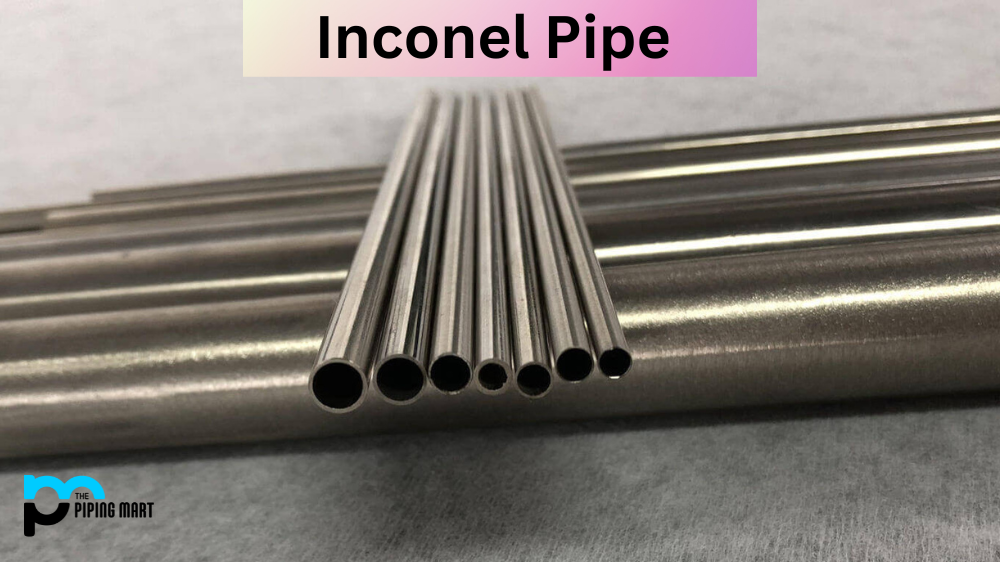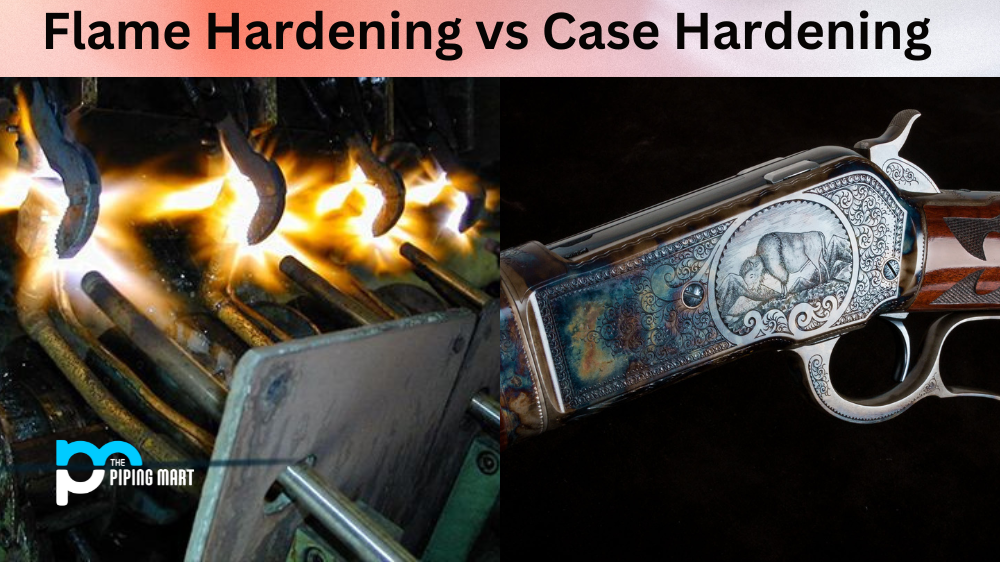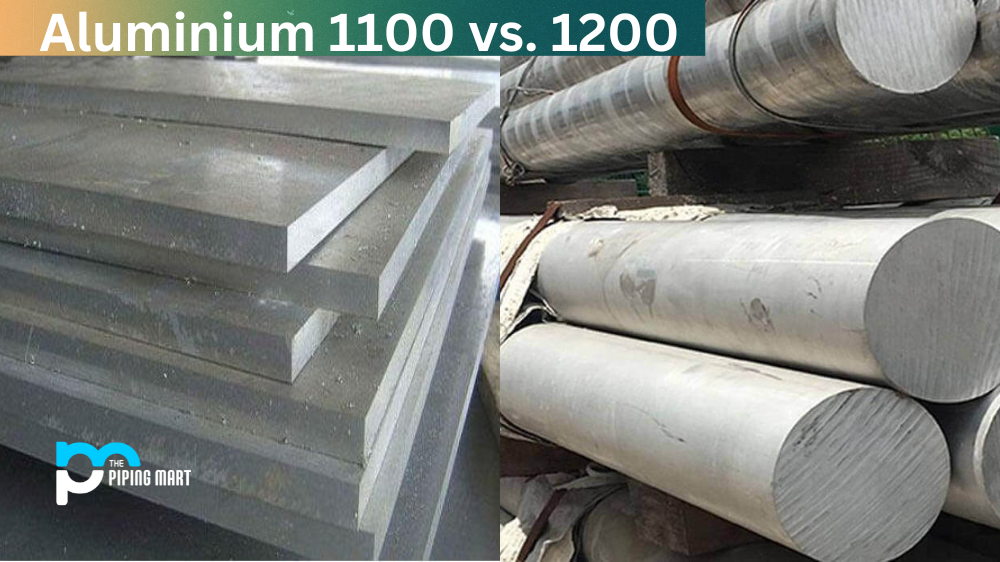Inconel pipe is a type of material composed of nickel and chromium alloy. It is an ideal choice for many applications due to its excellent properties. This guide will help you understand the chemical and physical properties of Inconel pipe, as well as their uses and composition.
Chemical Properties
Inconel pipe has several chemical properties that make it an ideal choice for various applications. Its oxidation resistance is impressive; it can withstand temperatures up to 2,000°F without any significant degradation or loss of strength. It is also highly resistant to both chloride-ion stress corrosion cracking and sulfide stress corrosion cracking, making it suitable for use in corrosive environments such as those found in seawater.
In addition, Inconel pipe has good formability and weldability, allowing it to be formed into complex shapes or welded with relative ease. This makes it an ideal choice for use in piping systems where flexibility and strength are required. Its resistance to corrosion also means that it can be used in areas where other materials may not be suitable, such as those with high levels of acidity or alkalinity.
Physical Properties
The physical properties of Inconel pipes make them highly desirable for a variety of uses. First and foremost, they have excellent mechanical strength; they are strong enough to resist abrasion, impact, and wear while still maintaining their original shape. They also have a low coefficient of thermal expansion, which means that they will expand at a slower rate when exposed to extreme temperatures than other metals would; this makes them suitable for use in high-temperature applications such as exhaust systems or heat exchangers. In addition, they have a high melting point which is beneficial when welding or forming the metal into complex shapes since there is less risk of deformation during the heating process.
Uses & Composition
Inconel pipes are used in a wide range of industries due to their combined chemical and physical properties. They are commonly used in aerospace equipment due to their ability to withstand extreme temperatures without degrading or losing strength; they are also commonly used by the oil & gas industry due to their corrosion resistance and mechanical strength under pressure. They are also widely used by the automotive industry as components in exhaust systems or heat exchangers due to their low coefficient of thermal expansion and high melting point, respectively. The composition of Inconel pipes consists mainly of nickel (upwards of 60%) along with chromium (15-20%), iron (5-10%), molybdenum (1-2%), manganese (0-2%), titanium (0-2%), aluminum (0-2%), carbon (0-1%), silicon (0-1%) and sulfur (0-1%).
Conclusion
Inconel pipes have become increasingly popular over recent years due to their excellent combination of chemical and physical properties. Their oxidation resistance makes them suitable for use in corrosive environments such as those found in seawater, while their mechanical strength allows them to be used under pressure without compromising on quality or performance. In addition, their low coefficient of thermal expansion makes them ideal for use in high-temperature applications such as exhaust systems or heat exchangers, while their high melting point ensures that the metal does not deform during welding or shaping processes. With all these benefits combined together, it’s no wonder why so many industries turn towards Inconel pipes when looking for reliable solutions!

Pipingmart is B2B portal specializes in industrial, metal and piping products. Also, share latest information and news related to products, materials and different types grades to help business dealing in this industry.




